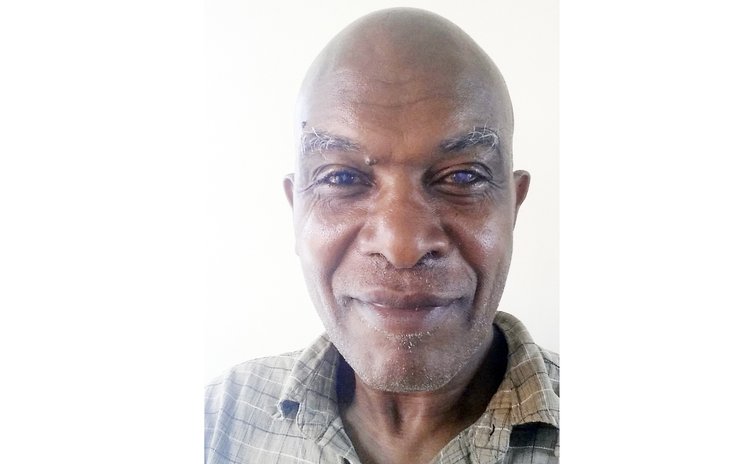Free and Fair Election Petitions
By Darius Lecointe, PhD, JD

The Constitution of Dominica is clear that no court anywhere has judicial authority over the way elections are run in Dominica. Section 38(6) of the Constitution says, "The question whether the Chief Elections Officer has acted in accordance with the directions of the Electoral Commission shall not be inquired into in any court of law." That is as plain as daylight. The court has no judicial authority over the running of elections.
But Section 40 says, "The High Court shall have jurisdiction to hear and determine any question whether (a) any person has been validly elected as a Representative or Senator." The key word here is "validly," and this is where election petitions come in. Election petitions are not lawsuits and should not be treated as if they are. The idea of a petition at law comes from Great Britain and this is what the Chief Justice of the United States had to say about that in 1803.
The very essence of civil liberty certainly consists in the right of every individual to claim the protection of the laws whenever he receives an injury. One of the first duties of government is to afford that protection. In Great Britain, the King himself is sued in the respectful form of a petition, and he never fails to comply with the judgment of his court. (Marbury v. Madison).
An election petition may allege that an election offence has been committed but the petition is not an attempt to try anyone for that offence. In the case of Dominica, the election petition is a polite way of suing the President, and no one else. The President is the only valid respondent to an election petition. A Court that construes the Constitution of Dominica cannot require that anyone other than the President be named in an election petition. Additionally, the Attorney General should be the one filing the petition. This is what Section 40(2) means when it says that:
An application to the High Court for the determination of any question under subsection (1)(a) of this section may be made by any person entitled to vote in the election … or by any person who was a candidate at that election or by the Attorney General and, if it is made by a person other than the Attorney General, the Attorney General may intervene and may then appear or be represented in the proceedings.
Under the Constitution of the Commonwealth of Dominica, no one but the President can be named in an election petition and the Attorney General can only be represented as the complainant when the petition is heard. Subsection 8 is clear that in these proceedings "The Attorney General shall not be subject to the Direction or control of any other person or authority." And under subsection 5 the rules to be used when hearing the election petitions are rules made by Parliament, which are the rules that govern the functions of the Electoral Commission. There is no provision for strikeout motions.
Election petitions are simple things. They are not about free and fair elections. They are about valid elections. An election can be invalid and still be free and fair if the wrong list of voters is used, for example. There is no need to show intent - only the fact that the wrong list was used, or any other way that could invalidate the process.




